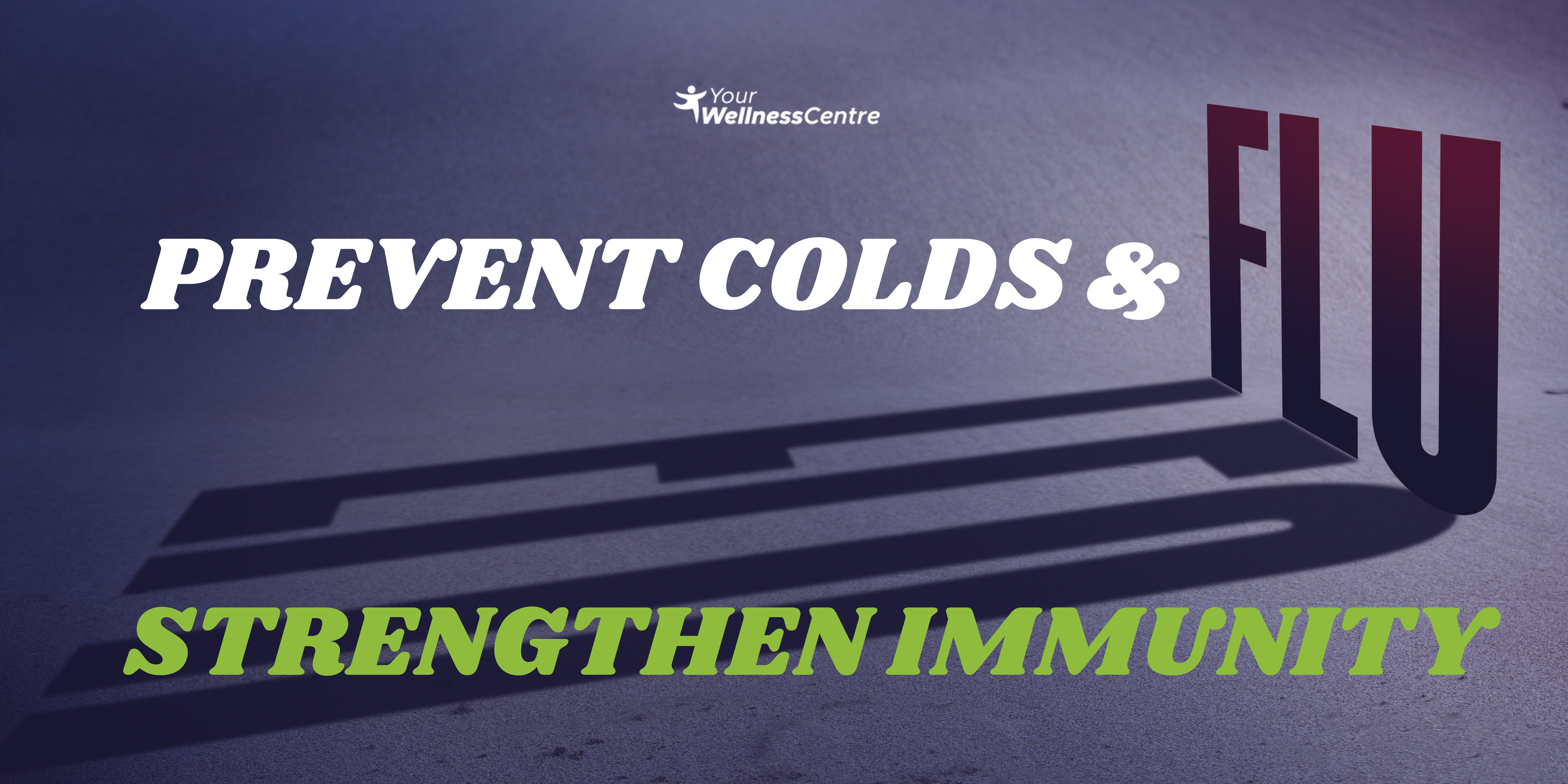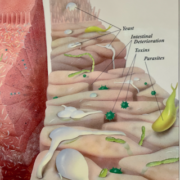The Stress of Studying: the Lasting Effects on the Body
 We have all been through it, or are currently experiencing it. Study of any kind, whether it be your first exam ever in high school, or your final assignment due in for your Ph.D., causes the body to go into a high-stress mode. Cutting off vitally important physiological processes to favor a heightened state of alert.
We have all been through it, or are currently experiencing it. Study of any kind, whether it be your first exam ever in high school, or your final assignment due in for your Ph.D., causes the body to go into a high-stress mode. Cutting off vitally important physiological processes to favor a heightened state of alert.
Cortisol and adrenaline are in no short supply, as you cram as much information into your brain as possible sitting up into the tiny hours of the morning suffering through headaches, stomach cramps, increase chance of lasting colds and poor quality sleep – basically everything you DON’T need when you’re trying to remember all this information!
To top it all off most of us crave terrible foods during this time; sugary sweets and high GI bread, potatoes and fatty fast food. If it isn’t the lack of time driving you to get take away, it’s your brains incessant need for glucose driving your energy up in spikes, as you ride the never-ending waves of highs and crashes.
Ultimately the worst part is that our body changes, adapts, to this prolonged exposure to stress. Changes that can take months, even years, to reverse back to homeostasis (balance).
What kind of Changes can you expect to see?
- Digestive upset
 Poor mood control
Poor mood control- Decreased sleep and sleep quality
- Increased colds and flu
- Weight loss or gain
- Poor memory and concentration
- Fatigue
- Muscular aches and tightness
Simple Steps to help your Study less impactful on your Health
- Take regular breaks – and when you do, try getting outside or out of the room you’re in. Don’t reach for the phone, turn on the TV or fire up YouTube.
 Drink plenty of water – staying hydrated is key to mental health and alertness.
Drink plenty of water – staying hydrated is key to mental health and alertness.- Meditate – even a short 5-minute meditation session, or guided breathing session, can reset your mind to a better, clearer place.
- Eat regularly and healthily – this always seems easier than it is, but a bowl of fruit and natural yoghurt will have your body thanking you during that marathon study session.
- Sleep!!! – make sure you get to bed at a set time every night. The body needs routine, and you won’t be memorising anything with inadequate hours of shut-eye.
- Nourish your soul – do things that make your body smile. Indulge in self-pampering, take a time-out to do the things you love.
- Exercise – low-level exercise improves blood circulation and brain performance, whilst releasing feel-good endorphins. It will also help you sleep better. Avoid intense workouts when you’re going through high levels of stress as it also increases cortisol and adrenaline.
And finally, speak with me, your mental health Naturopath, for supplement and herbal advice that can nourish the nervous system, improve your body’s resilience to stress and increase your memory. Give me a call on (03) 9879 9596 or email health@yourwellnesscentre.com.au to find out more or book in your time.


 Poor mood control
Poor mood control Drink plenty of water – staying hydrated is key to mental health and alertness.
Drink plenty of water – staying hydrated is key to mental health and alertness.






Leave a Reply
Want to join the discussion?Feel free to contribute!